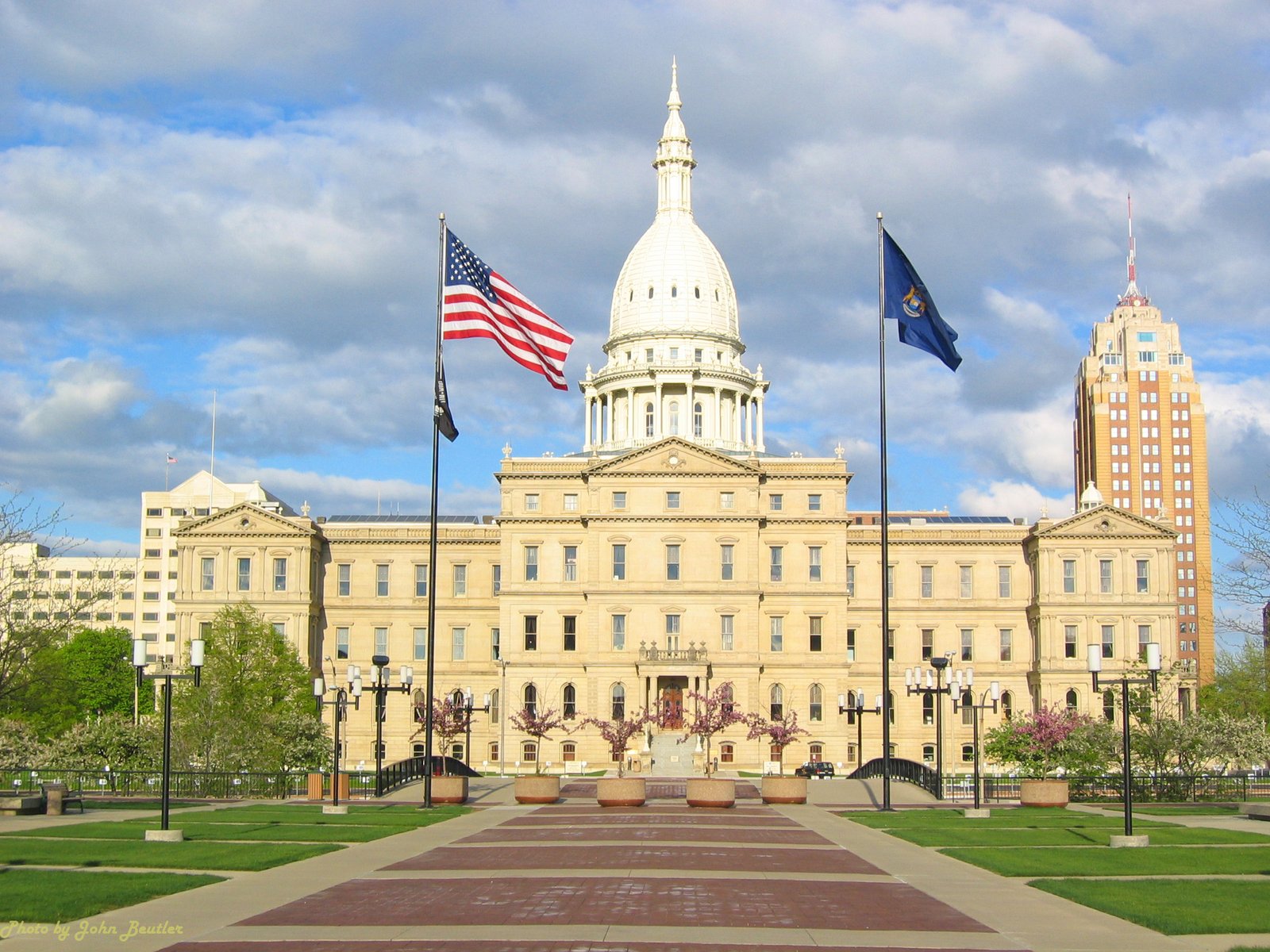On Tuesday, September 16, the Chairman of Michigan’s House Regulatory Reform Committee, Representative Joseph Aragona, introduced a package of bills to address two significant problems confronting Michigan’s cannabis industry—licensees defaulting on payments and unregulated intoxicating hemp products being sold throughout the state. (
This is part two of our examination of this issue in Michigan; part one can be found here, and we’ve addressed hemp issues in other states and at the federal level elsewhere on the Cannabis Law Blog.)
Slow payment and no payment issues are endemic in Michigan’s cannabis industry. With struggling retailers and tremendous overproduction, growers and processors demanding payment up front are hard-pressed to sell their wares. (Michigan’s Cannabis Regulatory Agency (“CRA”) reports show months of unsold inventory and close to a million pounds of fresh frozen waiting to be processed.)
HB 4963 would amend Michigan’s adult-use law to require all marijuana licensees to pay for product at the time of transfer. While numerous growers and processors have advocated for this change, not all retailers are in support. Retailers negotiating lower wholesale prices in exchange for immediate payment fear losing a competitive edge. Others argue that it could leave less well-capitalized retailers unable to obtain product. And the lack of a companion amendment to Michigan’s medical law may leave loopholes. Nevertheless, comments on proposed CRA rules and at CRA public meetings show what appears to be overwhelming support for HB 4963’s concept.
This is the lead bill of a package of tie-barred bills that would prohibit both cannabinoids produced via chemical conversion and intoxicating hemp products. It would also require hemp products to be made only by licensed hemp processors and exclude hemp products from Michigan’s food law. The bills are the same as bipartisan bills introduced at the end of the last legislative session.
HB 4964 would repeal Michigan’s Industrial Hemp Research and Development Act and create a new “Industrial Hemp Processing Act” to regulate the production and sale of consumable hemp products. Products containing intoxicating or converted cannabinoids would be banned. More specifically, HB 4964:
Classifies cannabinoids as intoxicating, non-intoxicating, potentially intoxicating, or converted.
- “Non-intoxicating” cannabinoids are:
- (a) Full spectrum industrial hemp extract that contains no more than 1.75 milligrams of THC per serving and contains a ratio of cannabidiol to THC of greater than or equal to 15-1.
- (b) Broad spectrum industrial hemp extract.
- (c) Cannabidiol.
- (d) Tetrahydrocannabivarin.
- (e) Cannabichromene.
- (f) Cannabicitran.
- (g) Cannabicyclol.
- (h) Cannabielsotin.
- (i) Cannabigerol.
- (j) Cannabidivarin.
- (k) Cannabinol.
- (l) Any other cannabinoid that the CRA designates as non-intoxicating through administrative rule making.
- “Intoxicating” cannabinoids are:
- (a) Delta-9, delta-8, delta-7, delta-10, delta-6a, and delta-10a THC and their isomers.
- (b) Exo-tetrahydrocannibinol.
- (c) Metabolites of THC, including 11-hydroxy-THC, 3-hydroxy-THC, or 7-hydroxy-THC.
- (d) Hydrogenated forms of THC, including hexahydrocannabinol, hexahydrocannabiphorol, and hexahydrocannabihexol.
- (e) Synthetic forms of THC, including dronabinol.
- (f) Ester forms of THC, including delta-8 THC-O-acetate, 4 delta-9 THC-O-acetate, and hexahydrocannabinol-O-acetate.
- (g) Tetrahydrocannabivarins, including delta-8 tetrahydrocannabivarin but excluding delta-9 tetrahydrocannabivarin.
- (h) Analogues of tetrahydrocannabinols with an alkyl chain of 4 or more carbon atoms, including tetrathydrocannabiphorols, tetrahydrocannabioctyls, tetrahydrocannabihexols, and tetrahydrocannabutols.
- (i) Any combination of the compounds, including hexahydrocannabiphorol-o-ester, listed above.
- (j) Any other cannabinoid that the CRA designates as intoxicating through administrative rulemaking (including by emergency rule).
- “Potentially intoxicating” cannabinoids are: Any other cannabinoid that has not been determined to be non-intoxicating by a state or federal agency, that CRA finds to be potentially intoxicating, and any cannabinoid that is not a phytocannabinoid.
- “Converted” cannabinoids are those converted from a different cannabinoid using a chemical reaction; the term does not include a cannabinoid created through decarboxylation of a naturally occurring acidic form of a cannabinoid into the corresponding neutral cannabinoid through the use of heat or light, or both, if the following requirements are met: (i) No chemical reagents or catalysts are used to produce the cannabinoid, and (ii) No other chemical change occurs.
- Processing or selling hemp at wholesale would require a hemp processor license. These could only be granted to applicants with a processing location in Michigan.
- No license would be required to sell at retail, but hemp products must come from a state-licensed processor (creating a possible federal pre-emption issue). All products must be tested.
- Except as allowed under Michigan’s marijuana laws, nobody would be allowed to process, sell, or transfer intoxicating, potentially intoxicating, or converted cannabinoids or products containing any of those. In addition to fines, violations would be a 93-day misdemeanor for a first violation, and a one-year misdemeanor for any thereafter. Importantly, the penalties section expressly leaves open the ability for prosecutors to bring felony charges for possession of unlicensed THC products with an intent to deliver them.
- Read more at Cannabis Law Blog







